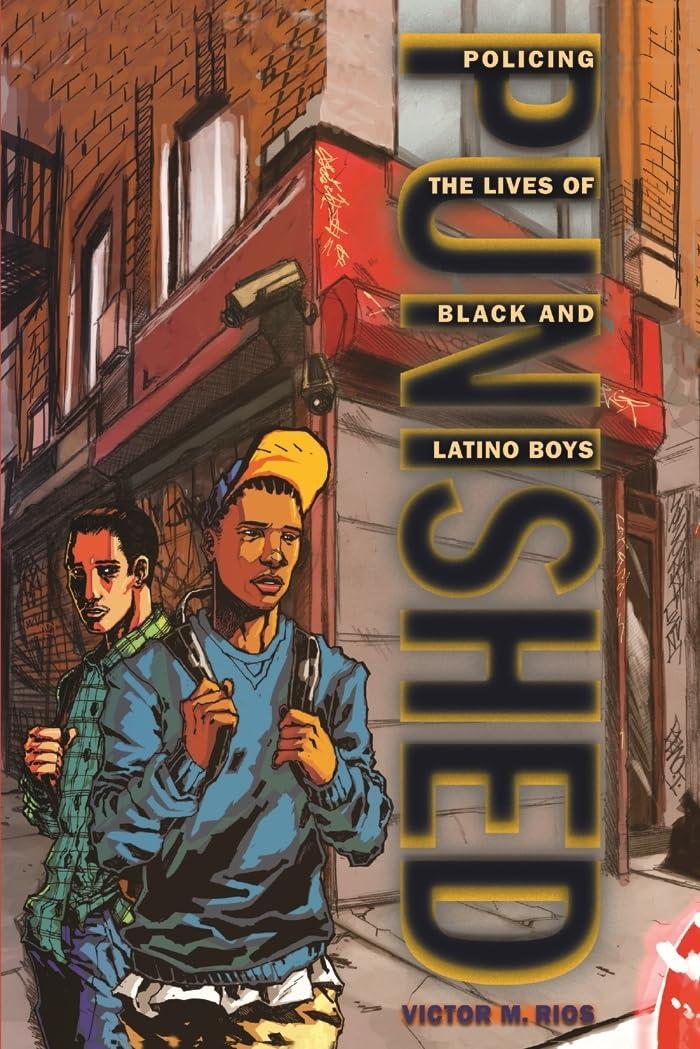
Punished: Policing the Lives of Black and Latino Boys (New Perspectives in Crime, Deviance, and Law) (PB)
By Victor M. Rios
Honorable Mention, 2014 Eduardo Bonilla-Silva Outstanding Book Award presented by the Society for the Study of Social Problems
2012 Best Book Award, Latino/a Sociology Section, presented by the American Sociological Association
2012 Finalist, C. Wright Mills Book Award presented by the Study of Social Problems
A classic ethnography that reveals how urban police criminalize black and Latino boys
Victor Rios grew up in the ghetto of Oakland, California in the 1980s and 90s. A former gang member and juvenile delinquent, Rios managed to escape the bleak outcome of many of his friends and earned a PhD at Berkeley and returned to his hometown to study how inner city young Latino and African American boys develop their sense of self in the midst of crime and intense policing. Punished examines the difficult lives of these young men, who now face punitive policies in their schools, communities, and a world where they are constantly policed and stigmatized.
Rios followed a group of forty delinquent Black and Latino boys for three years. These boys found themselves in a vicious cycle, caught in a spiral of punishment and incarceration as they were harassed, profiled, watched, and disciplined at young ages, even before they had committed any crimes, eventually leading many of them to fulfill the destiny expected of them. But beyond a fatalistic account of these marginalized young men, Rios finds that the very system that criminalizes them and limits their opportunities, sparks resistance and a raised consciousness that motivates some to transform their lives and become productive citizens. Ultimately, he argues that by understanding the lives of the young men who are criminalized and pipelined through the criminal justice system, we can begin to develop empathic solutions which support these young men in their development and to eliminate the culture of punishment that has become an overbearing part of their everyday lives.
Choose options

